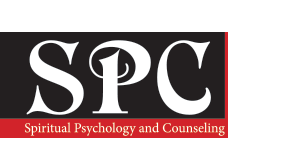Islamic Psychological Therapy Interventions Applied by Mental Health Practitioners: A Qualitative Study
Author/s: Selvira Draganović, Mevludin Hasanović, Belma Oruč, Ajla Pervan
DOI: http://doi.org/10.37898/spiritualpc.1340227
Year: 2025 Vol: 10 Number: 1
Abstract
Not only is normal functioning like thinking, feeling, or being impaired by psychological problems, but also an individual’s social, cultural, existential, and spiritual functioning, all of which need to be addressed. Incorporating religious and spiritual considerations into evidence-based practices should be an iterative process in therapy, particularly when treating practicing Muslim patients. This qualitative study uses a thematic analysis of semi-structured interviews to investigate and identify Islamically-oriented treatment approaches applied by Bosnian mental health professionals in their own practice. A total of 11 mental health professionals (N = 11) were recruited for this study. Results indicate that participants mostly use the Qur’an, the Sunnah, and religious practices such as remembrance, repentance, and gratitude as therapy interventions with practicing Muslims, as well as an open, nonjudgmental, and individualized approach in order to generate self-awareness and psychological, behavioral, and spiritual changes in clients. Such an approach, as reported, results in clients (re)turning to Allah and facilitates the reduction of unhealthy habits. The study also reveals specific issues and needs mental health practitioners reported facing while working with religious Muslim clients.
Keywords
Religion • Spirituality • Therapy interventions • Mental health • Bosnia and Herzegovina

